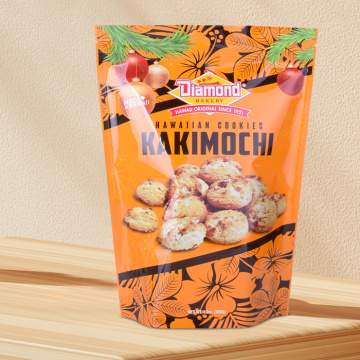In typical parlance, the word biodegradable is distinct in meaning from compostable. While biodegradable simply means an object is capable of being decomposed by bacteria or other living organisms, "compostable" in the plastic industry is defined as able to decompose in aerobic environments that are maintained under specific controlled temperature and humidity conditions. Compostable means capable of undergoing biological decomposition in a compost site such that the material is not visually distinguishable and breaks down into carbon dioxide, water, inorganic compounds and biomass at a rate consistent with known compostable materials. (ref: ASTM International D 6002)
The inclusion of "inorganic materials" precludes the end product from being considered as compost, or humus, which is purely organic material[opinion]. Indeed, under the ASTM definition, the only criterion needed for a plastic to be called compostable is that it has to appear to go away at the same rate as something else that one already knows is compostable under the traditional definition[citation needed].
Plastic bags can be made "oxo-biodegradable" by being manufactured from a normal plastic polymer (i.e. polyethylene) or polypropylene incorporating an additive which causes degradation and then biodegradation of the polymer (polyethylene) due to oxidation.













